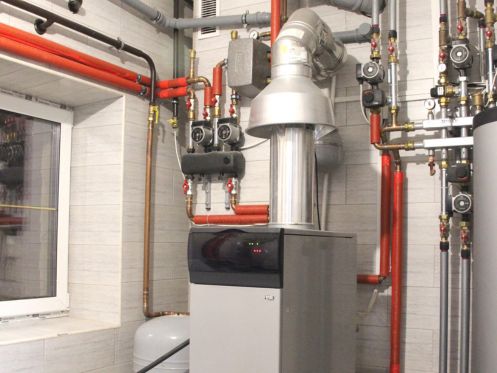With the winter months upon us, keeping our homes warm and cozy becomes a priority. However, it can also lead to a substantial increase in our heating bills. If you’re noticing that your heating bill is much higher than it should be, you must figure out why. Continue reading to discuss five reasons your heating bill is through the roof and how to avoid overspending.
1. Poor Insulation
One of the most common reasons for a high heating bill is poor insulation. Cold air can seep through cracks and spaces around windows, doors, and walls if your home lacks adequate insulation. This leaking can cause your heating system to work harder to maintain the desired temperature, causing an increase in your heating bill. You may need to install new insulation or seal any gaps to solve this issue.
2. Outdated Heating System
Older heating systems can be incredibly inefficient, leading to higher energy bills. If your furnace or boiler has been around for over a decade, it’s time to upgrade. A newer energy-efficient system reduces your energy bill and increases your home’s comfort level.
Most professional heating and cooling companies recommend checking your furnace and AC unit twice a year—once in the fall and once in the spring. Have a professional perform cleaning as well as heating and AC repair services during this time.
3. Thermostat Issues
If your thermostat isn’t working as it should, that can lead to overuse of your heating system. This overuse could be because of a damaged sensor, loose wiring, or incorrect settings. If you notice temperature fluctuations or that your system is cycling too frequently, it’s time to call in a professional.
4. Drafty Doors and Windows
Cracks and gaps around windows and doors can allow cold air to enter your home, causing your furnace to work harder to maintain the desired temperature. Fixing this issue can be as simple as adding weatherstripping or caulking around those areas.
5. Intense Use
If you’ve had guests staying with you or are spending much more time at home, then it’s no surprise that your heating bill is higher than usual. A higher demand on your heating system can lead to more energy consumption and, therefore, an increase in your heating bill. Monitoring your usage and adjusting the thermostat can help manage consumption and reduce costs.
Your heating bill doesn’t have to be a financial burden. Understanding the reasons why your heating bill might be high will help you make the necessary adjustments and keep costs under control. There are plenty of ways to save money on your heating bill. Take note of these tips and implement them now to enjoy a warm and comfortable home without breaking the bank.







